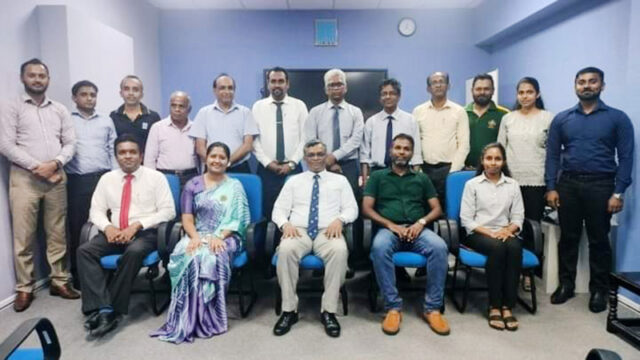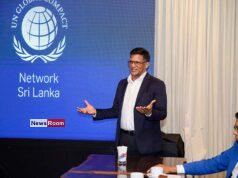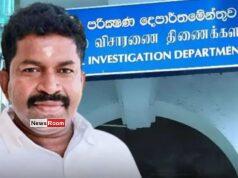By Ifham Nizam
Sri Lanka’s energy sector is at a crossroads, balancing the pressing demands of modernization with opportunities for growth and innovation. As the IESL’s Electrical, Electronics, and Telecommunication Engineering Sectional Committee (EETESC) president Eng. Granie Jayalath details, the journey toward a resilient and sustainable energy future emerges as both challenging and promising.
Responding to The Island Financial Review, he said that at the forefront is the implementation of power sector reforms. Despite the New Electricity Act being gazetted in July 2024, its effective rollout remains sluggish, with unresolved disintegration between old and new legislative frameworks.
Jayalath said that this inertia risks stalling much-needed reforms and highlights the role of stakeholder engagement, such as the IESL’s anticipated input into consultations by the Public Utilities Commission of Sri Lanka (PUCSL).
Jayalath also said that another pressing issue is electricians’ licensing and equipment standardization. Progress in these areas has been hindered by external factors, but their resolution is critical. Licensing ensures competence and safety, reduces risks of accidents and aligns local electricians with global standards, potentially allowing them to contribute to major development projects like Colombo’s Port City.
Despite these hurdles, he added the energy sector is ripe for transformation. A major initiative, “Reimagining the Electricity Industry for the Future,” set for November 28, 2024, in Colombo, will gather industry leaders to envision advancements. Organized by the Institution of Engineering and Technology (IET) Sri Lanka, this conference promises to be a hub for innovative ideas and strategic networking.
Collaborations with the Power and Energy Sectional Committee are another avenue for progress. Through public awareness campaigns and expert guidance, these partnerships aim to demystify power sector reforms for the public and stakeholders, paving the way for informed dialogue and sustainable solutions, Jayalath added.
Addressing declining membership, EETESC plans to launch a comprehensive survey to identify root causes and implement targeted actions. Value-driven initiatives for members include expanded Continuous Professional Development (CPD) programs, digital library enhancements and a mentor-mentee program fostering career growth.
The inaugural meeting of the Electrical, Electronics and Telecommunication Engineering Sectional Committee (EETESC) for the 2024/2025 session of the Institution of Engineers Sri Lanka (IESL) aimed at addressing emerging challenges in the engineering sector, brought together industry leaders and professionals from across the country, both physically and virtually.








